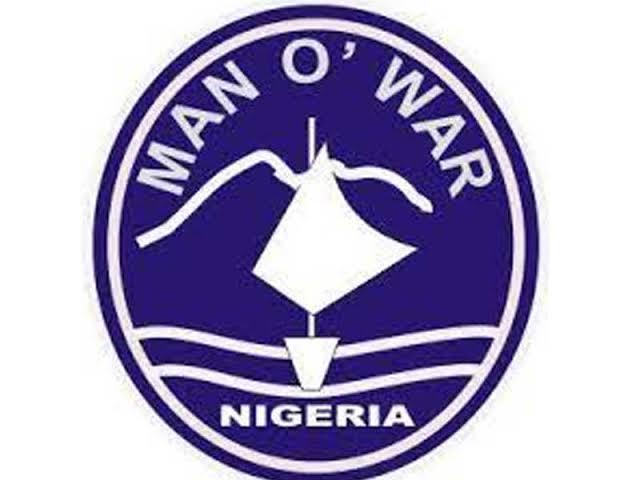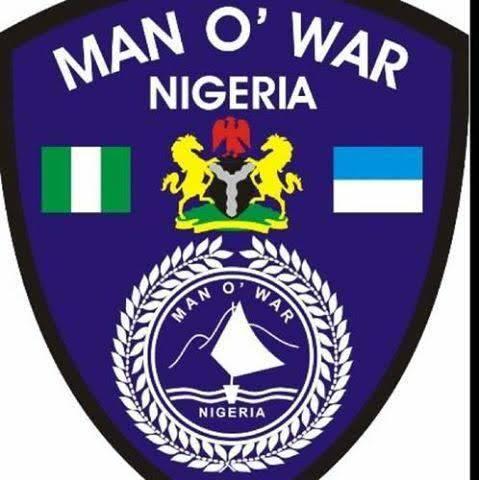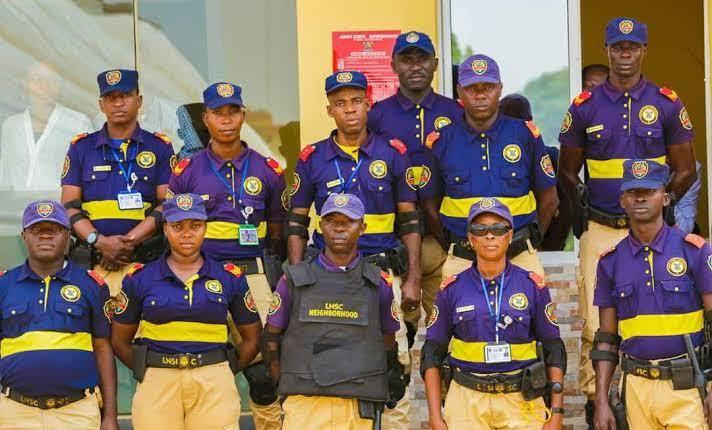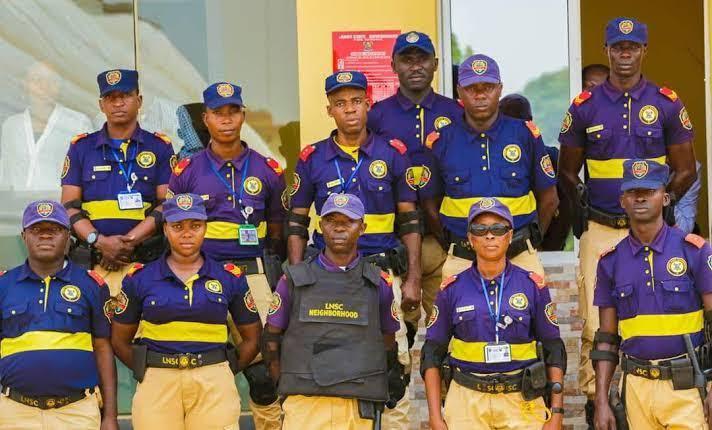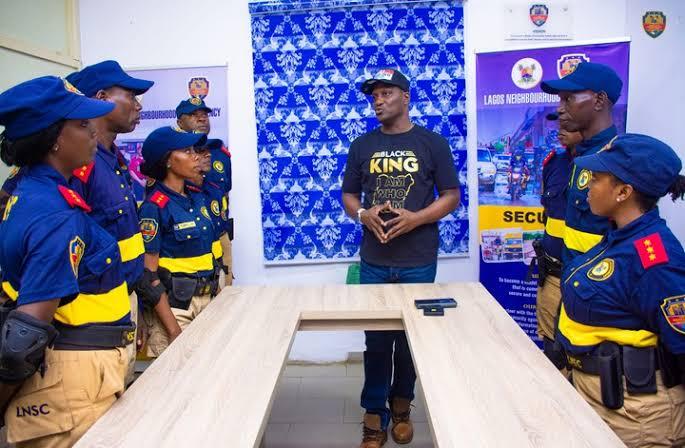Explore Our Bill Payment Services:
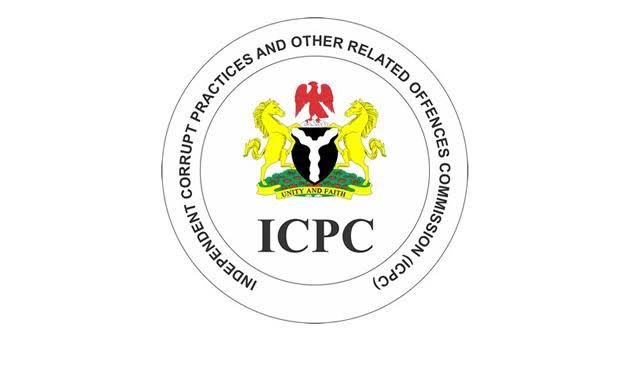
- Military And Defence
- Para-Military Guide
- Nigeria
Functions Of Icpc: Their Official Roles & Responsibilities
The Independent Corrupt Practices and Other Related Offences Commission (ICPC) is a key anti-corruption agency in Nigeria. Established in 2000, the ICPC plays a critical role in the prevention, investigation, and prosecution of corruption-related offences in public and private institutions.
This 2025 guide clearly outlines the functions, responsibilities, and powers of the ICPC based on its legal mandate and current operations.
What is the ICPC?
The ICPC is a federal law enforcement agency established under the Corrupt Practices and Other Related Offences Act 2000. It was created to fight corruption, abuse of office, and unethical practices in Nigeria’s public service and private sectors.
Unlike the EFCC (which focuses more on economic and financial crimes), the ICPC focuses on:
-
Preventive measures
-
Institutional integrity
-
Public sector compliance
-
Ethical education and reform
Key Functions of the ICPC in 2025
The official roles and responsibilities of ICPC include:
1. Investigation of Corruption Cases
ICPC is empowered to investigate allegations of corruption and other related offences in:
-
Ministries and government agencies
-
Educational institutions
-
Private companies handling public funds
-
Non-governmental organizations receiving public money
This includes bribery, gratification, abuse of power, diversion of funds, and inflation of contracts.
2. Prosecution of Offenders
Once investigations are complete, ICPC can prosecute corrupt individuals or organizations in court. The commission works with:
-
The judiciary
-
The Ministry of Justice
-
Anti-corruption legal teams
ICPC prosecutes under the Corrupt Practices and Other Related Offences Act, ensuring due legal process.
3. Prevention of Corruption through System Review
ICPC actively reviews systems and procedures in ministries and agencies to identify loopholes that encourage corruption.
The commission may:
-
Recommend reforms in public institutions
-
Review internal processes of procurement, finance, and administration
-
Issue compliance reports
4. Public Education and Awareness
The ICPC engages in nationwide campaigns to promote:
-
Ethical values
-
Transparency in governance
-
Anti-corruption education in schools and communities
Through rallies, workshops, school programs, and social media, ICPC spreads the message of integrity and accountability.
5. Monitoring Public Sector Compliance
ICPC ensures government institutions follow financial rules, service codes, and operational guidelines.
This includes:
-
Monitoring budget implementation
-
Checking compliance with government due process
-
Tracking public officers' conduct
6. Collaboration with Other Agencies
ICPC collaborates with:
-
EFCC
-
Code of Conduct Bureau (CCB)
-
Nigeria Police Force (NPF)
-
International bodies (e.g., UNODC, AU anti-corruption bodies)
Joint investigations and intelligence-sharing strengthen the anti-corruption fight across borders and sectors.
7. Enforcement of Ethical Standards in Institutions
ICPC has the legal authority to enforce ethics and values, especially in public service and academic institutions.
This includes:
-
Investigating sexual harassment in schools
-
Monitoring admission racketeering
-
Preventing extortion and bribery in public offices
Summary Table of ICPC Functions
| Function | Description |
|---|---|
| Investigation | Probing corruption cases in public/private sectors |
| Prosecution | Taking accused individuals to court |
| Prevention | Reviewing systems to block corruption loopholes |
| Education | Teaching Nigerians about corruption and ethics |
| Monitoring | Ensuring agencies comply with laws and public service ethics |
| Collaboration | Working with local and global agencies on anti-corruption activities |
| Enforcement | Enforcing ethical conduct, especially in schools and government institutions |
Powers of the ICPC
ICPC has special legal powers to:
-
Arrest and detain suspected offenders
-
Search properties with court warrants
-
Demand production of books, documents, and evidence
-
Seize assets or properties acquired through corrupt means
-
Enter premises for inspection or investigation
-
Summon persons for questioning
Frequently Asked Questions (FAQs)
1. Is ICPC the same as EFCC?
No. While both fight corruption, ICPC focuses more on prevention, system review, and ethics, while EFCC focuses more on financial and economic crimes.
2. Can ICPC arrest without a warrant?
Yes, but only under certain conditions defined by the Act. Generally, a court warrant is used.
3. Can ICPC investigate private companies?
Yes, if the company is involved in public contracts or receives public funds.
4. Does ICPC prosecute cases?
Yes. ICPC has the power to prosecute offenders directly in court.
5. Can students report corruption in schools to ICPC?
Yes! ICPC runs a Student Anti-Corruption Network (SCAN) and accepts reports of exam malpractice, bribery, or exploitation in schools.
Conclusion
The ICPC plays a crucial role in the fight against corruption in Nigeria. Through investigation, prosecution, public education, system reform, and ethical enforcement, the commission protects national integrity and promotes good governance.
If you're serious about building a corruption-free Nigeria, understanding what the ICPC does is the first step.
